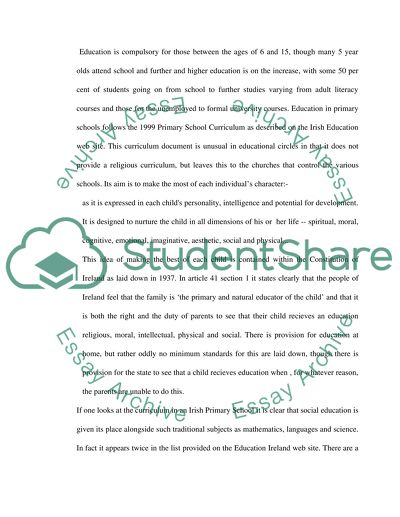Cite this document
(“Irish Educational System Essay Example | Topics and Well Written Essays - 1750 words”, n.d.)
Retrieved from https://studentshare.org/education/1513686-irish-educational-system
Retrieved from https://studentshare.org/education/1513686-irish-educational-system
(Irish Educational System Essay Example | Topics and Well Written Essays - 1750 Words)
https://studentshare.org/education/1513686-irish-educational-system.
https://studentshare.org/education/1513686-irish-educational-system.
“Irish Educational System Essay Example | Topics and Well Written Essays - 1750 Words”, n.d. https://studentshare.org/education/1513686-irish-educational-system.


